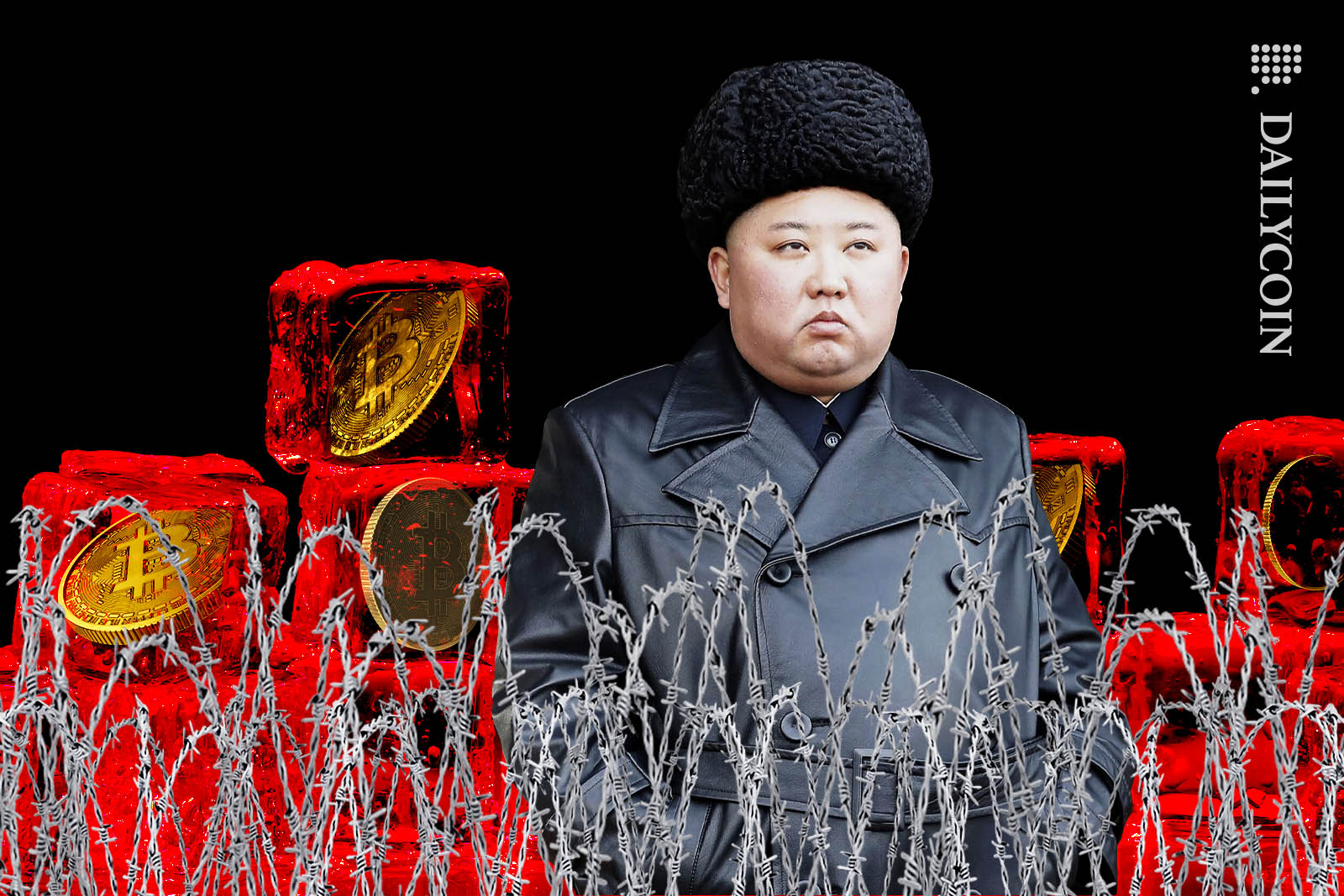
- South targets North’s crypto assets obtained by hacking.
- North Korea sponsors several hacking groups.
- The decentralized nature of cryptos poses obstacles for South Korea.
A new front emerges amid the long-standing political tensions on the Korean peninsula. As North Korea steps up its hacking operations, the decentralized crypto space has become a new front for geopolitical conflict. Now, South Korea is responding with plans to freeze North’s crypto assets.
South Korea’s Move to Freeze North’s Crypto
On Friday, September 1, South Korean news sites revealed that the country plans to monitor and potentially freeze North Korea’s crypto activities. Reportedly, the country has concerns over the North’s alleged use of digital currencies for illicit uses. Moreover, there are concerns that North Korea is using crypto gains to fund its military operations.
South Korea aims to trace transactions back to their origin, especially those that indicate North Korean involvement. To do so, the country plans to cooperate with major crypto exchanges and other actors.
Sponsored
The primary goal is to monitor and, if necessary, seize North Korea’s cryptocurrency assets. South Korea’s strategy could severely dent North Korea’s ability to use cryptocurrencies to circumvent international sanctions if successful.
North Korea’s Elite Hackers: Lazarus Group
With traditional financial avenues heavily scrutinized, the North has turned to crypto to finance its activities. Moreover, with its characteristic clandestine style, the regime has exploited the vulnerabilities of the digital currency realm.
The notorious Lazarus Group, believed to be backed by the North Korean regime, is leading the charge in these cyber exploits. The group is likely responsible for some of the biggest hacks in the crypto space.
Sponsored
For instance, numerous investigators and security experts have implicated the Lazarus group in the Atomic Wallet hack and other major attacks. The total losses from these hacks were $290 million.
Cryptocurrencies, with their decentralized and pseudonymous nature, present an attractive option for states facing international sanctions. Cryptocurrencies, with their decentralized and pseudonymous nature, present an attractive option for states facing international sanctions.
On the Flipside
- The decentralized nature of cryptocurrencies poses formidable challenges to South Korea’s ambitions.
- Realizing the goal of effectively tracking and freezing assets requires regional and global cooperation.
Why This Matters
This move highlights an essential dilemma in crypto regulation. While cryptocurrencies can open avenues for illicit activities, too much regulation risks stifling innovation.
Read more about North Korea’s crypto hacking exploits:
FBI Tracks Down 1,580 Bitcoin Stolen by North Korean Hackers
Read more about why Turkey is moving to Bitcoin:
Inflation-Ridden Turkey Turns to Bitcoin: Will the Rest of the World Follow?
